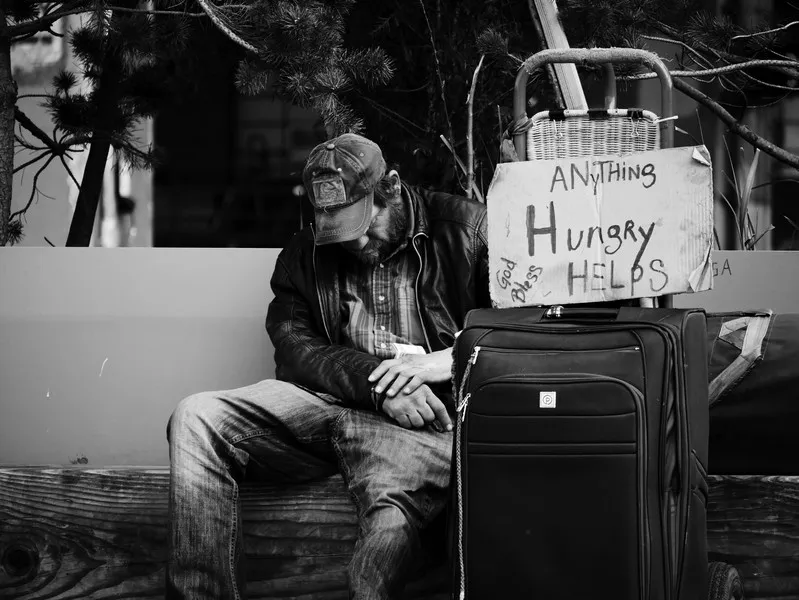In sociology, the concept of oppression refers to the systematic mistreatment, domination, and discrimination of certain individuals or groups based on their social identities. Oppression can manifest in various forms, affecting different aspects of people’s lives, such as their social, economic, and political opportunities. This article aims to outline and explain the different types of oppression commonly studied in sociology.
1. Racial Oppression
Racial oppression is the systematic discrimination and marginalization of individuals or groups based on their race or ethnicity. It involves denying equal rights, opportunities, and resources to certain racial or ethnic communities. Racial oppression can be seen in various forms, such as racial profiling, hate crimes, institutional racism, and racial disparities in education, employment, and criminal justice systems.
2. Gender Oppression
Gender oppression refers to the social, economic, and political disadvantages experienced by individuals based on their gender identity. It includes the subjugation of women and non-binary individuals, limiting their opportunities, and reinforcing traditional gender roles and stereotypes. Gender oppression can be observed in unequal pay, limited access to education and healthcare, gender-based violence, and the underrepresentation of women in positions of power and leadership.
3. Class Oppression
Class oppression is the systematic disadvantage and exploitation of individuals based on their socioeconomic status. It involves the unequal distribution of wealth, resources, and opportunities, perpetuating social inequalities. Class oppression can be seen in income disparities, lack of access to quality education and healthcare, limited job prospects, and the cycle of poverty that disproportionately affects marginalized communities.
4. Sexual Orientation and Identity Oppression
Sexual orientation and identity oppression refers to the discrimination and marginalization faced by individuals based on their sexual orientation or gender identity. It includes prejudice, stigma, and the denial of rights and protections for LGBTQ+ individuals. This type of oppression can manifest in various forms, such as homophobia, transphobia, discrimination in employment, housing, and healthcare, and the lack of legal recognition and protection for LGBTQ+ relationships.
5. Ableism
Ableism is the discrimination and prejudice against individuals with disabilities. It involves the exclusion, stigmatization, and denial of equal opportunities for people with physical, sensory, intellectual, or mental health disabilities. Ableism can be observed in inaccessible environments, lack of accommodations, employment discrimination, and the underrepresentation of disabled individuals in media and decision-making positions.
6. Religious Oppression
Religious oppression refers to the mistreatment and discrimination faced by individuals or groups based on their religious beliefs or affiliations. It includes acts of intolerance, prejudice, and the denial of religious freedom. Religious oppression can manifest in various forms, such as religious persecution, hate crimes, restrictions on religious practices, and the marginalization of religious minorities.
Conclusion
Understanding the different types of oppression is crucial in addressing and challenging systemic inequalities. By recognizing and analyzing these forms of oppression, sociologists and activists can work towards creating a more equitable and inclusive society. It is important to dismantle oppressive structures and promote social justice for all individuals, regardless of their race, gender, class, sexual orientation, ability, or religious beliefs.
By examining and discussing the various types of oppression, we can foster empathy, raise awareness, and advocate for positive change in our communities and institutions.





